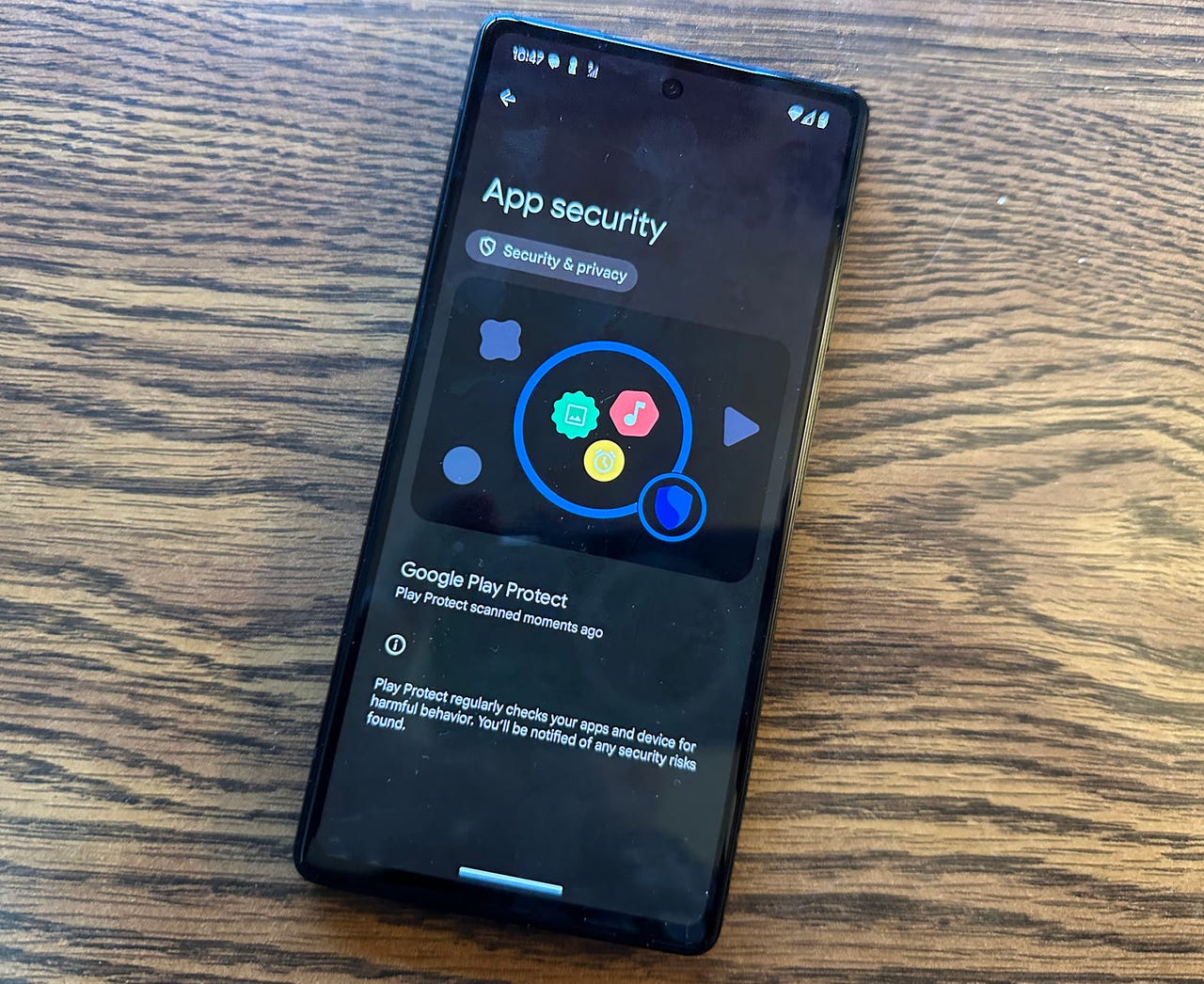
































Google today uses Play Protect to scan your Android device for malicious or suspicious apps, but nasty and clever apps can still sneak past and infect your device with malware or spyware. Now, a new option possibly coming to Android 15 or a future version of the OS will try to quarantine potentially hostile apps.
Spotted and tested by Android Authority writer Mishaal Rahman, the app quarantining feature first popped up in Android 14 QPR2 Beta 1 in November 2023. This suggests that Google started testing the feature in an Android 14 beta with potential plans to roll it out in Android 15 or beyond.
Unfortunately, Google has pulled the developer page for "Quarantined Apps," according to Rahman. While the setting that would support app quarantining at the OS level still exists, there's not even a command line option to quarantine an app. Furthermore, neither the Google Play Store nor Google Play Services apps request any type of permissions for app quarantining.
Also: The top six Android 15 features I'm most excited about
As such, Rahman speculates that the feature may not appear in Android 15, but a future release instead. Regardless of the timing, here's how the feature would work, based on Rahman's early testing.
Quarantining an app would be similar to suspending it, which is how Google's Digital Wellbeing tool prevents you from using an app as a way to avoid distractions. A quarantined app would still be visible on the home screen launcher and in the Settings screen on your Android device, but certain aspects or features would be disabled.
The quarantining feature would hide the app's windows, screens, and notifications, and stop any activities or processes. The app wouldn't be able to ring your device. Other apps would be unable to query the services of the quarantined app, though they would be able to query any of the app's activities. The app wouldn't be able to receive broadcasts from the system or from other apps. Finally, any dialog boxes that normally pop up would be disabled or restricted.
In his testing, Rahman said that the APIs used to quarantine an app are the same ones used to suspend an app, but with an extra setting being passed. Quarantining an app requires a QUARANTINE_APPS permission. Only special apps and services, such as Google's Play Protect, can hold this permission, meaning only they can quarantine a malicious app.
Rahman included screenshots (as shown above) to illustrate how the quarantine feature worked in the Android 14 beta he used. There's a screen that shows you which apps have been quarantined. Also, trying to launch a quarantined app would trigger a notification telling you that the app's been quarantined and likely explaining the reason why.
With malicious apps an ongoing problem for Google and Android users, a quarantining feature would be a useful addition. For now though, we'll have to see if the feature pops up in Android 15 or is slated for a future version of Android.
 Hot Tags :
Tech
Hot Tags :
Tech